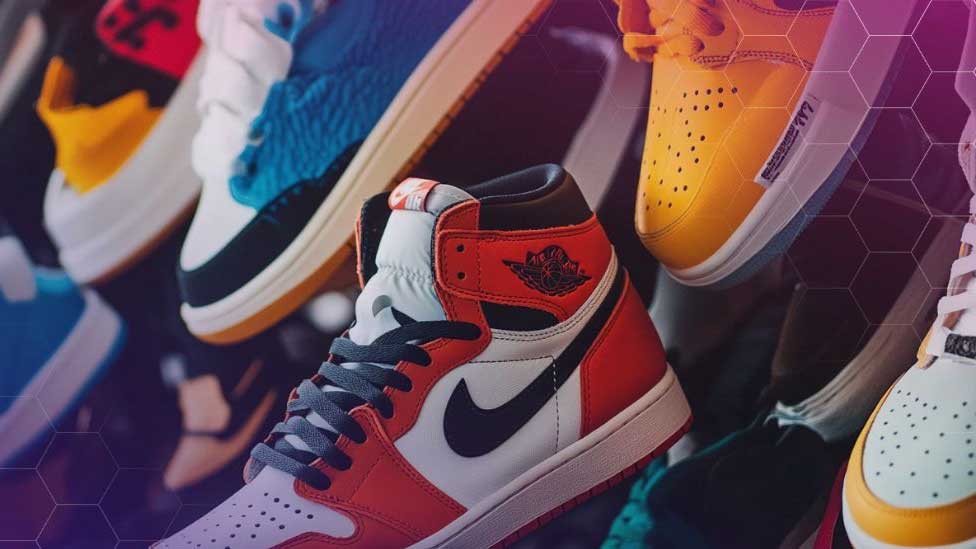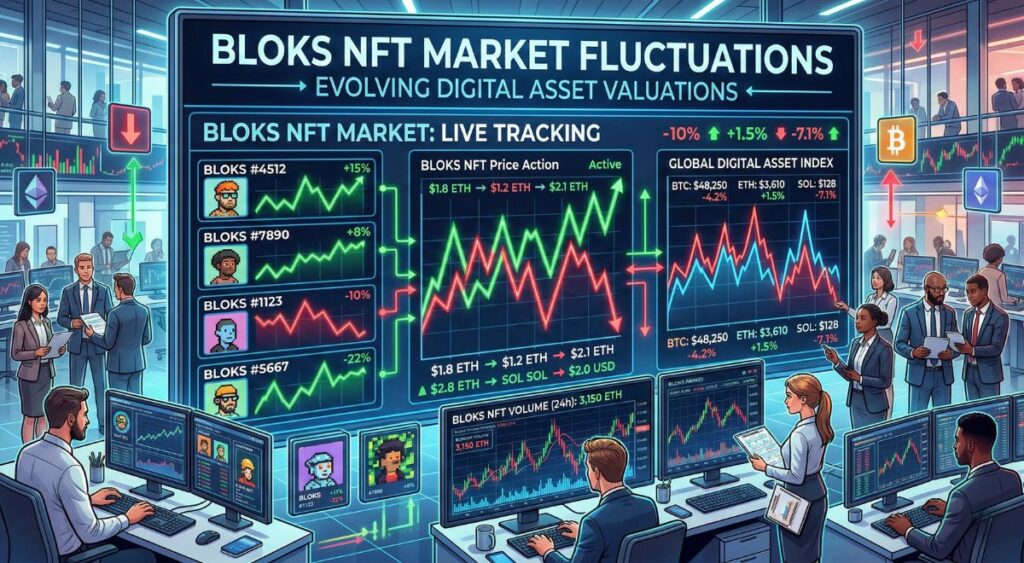New York – Sportswear giant Nike and sneaker resale marketplace StockX have reached a settlement in their high-profile legal dispute over trademark use in non-fungible tokens (NFTs), averting a jury trial that was scheduled for October.
The settlement, filed last Friday in federal court in New York, dismisses all claims with prejudice and closes a case that has been closely watched as a precedent for how intellectual property law applies in the fast-evolving world of digital assets.
Avoiding Legal Risks
The resolution spares both companies from the risks of a courtroom verdict. For StockX, it eliminates the possibility of being held broadly liable for misuse of Nike’s trademarks in connection with its “Vault” NFTs. For Nike, it avoids the uncertainty of putting its aggressive IP enforcement strategies before a jury.
The dispute began in early 2022, when Nike accused StockX of trademark infringement, claiming its sneaker-linked NFTs misled consumers into thinking the tokens were officially endorsed by the brand. StockX countered that its NFTs were not standalone products but digital receipts tied to physical sneakers sold through its marketplace.
Escalation and Counterfeit Claims
The conflict deepened in May 2022, when Nike amended its complaint to allege that StockX was selling counterfeit sneakers. In March 2024, U.S. District Judge Valerie Caproni sided with Nike on part of the case, ruling that StockX had sold counterfeit shoes—four pairs to undercover investigators and another 33 pairs to a customer.
That ruling gave Nike significant legal leverage, leaving the remaining issues to be decided by a jury—until last week’s settlement brought the matter to a close.
Nike’s Web3 Retreat
The case unfolded against a backdrop of shifting fortunes in Nike’s own digital ventures. In December 2024, Nike-owned digital fashion and Web3 studio RTFKT announced it would wind down operations, with services set to cease by January 2025. The company said it would preserve its legacy through a redesigned website showcasing past projects.
RTFKT has also faced litigation from investors who claim that the abrupt shutdown of its digital collectibles venture wiped out the value of their holdings, leaving them with significant losses.
The Sandbox Leadership Shake-Up
Meanwhile, the broader Web3 ecosystem is undergoing its own transformation. The Sandbox, a metaverse platform once hailed as a pioneer of digital land sales and virtual experiences, has seen its co-founders Sébastien Borget and Arthur Madrid step back from operational roles.
Parent company Animoca Brands has assumed majority control, with CEO Robby Yung appointed as The Sandbox’s new chief executive. Borget will remain as a public ambassador, while Madrid shifts to a non-executive chairman role.
The leadership shake-up comes amid dissatisfaction with the platform’s performance. Despite raising $300 million over eight years, The Sandbox has struggled to build a sustainable user base. Daily active usage reportedly numbers only in the low hundreds, many flagged as bots, particularly from South America.
The platform’s native token, SAND, has lost more than 95% of its value since 2021, with its market capitalization falling from $8 billion at its peak to around $700 million today.
Broader Implications
The settlement between Nike and StockX highlights the growing tension between established intellectual property rights and emerging digital markets. At the same time, the struggles of Nike’s RTFKT and The Sandbox reflect the challenges facing Web3 ventures as they attempt to translate hype into long-term adoption.
For brands and platforms navigating the digital frontier, the message is clear: while blockchain and NFTs offer new opportunities, the legal, operational, and market risks remain formidable.
















